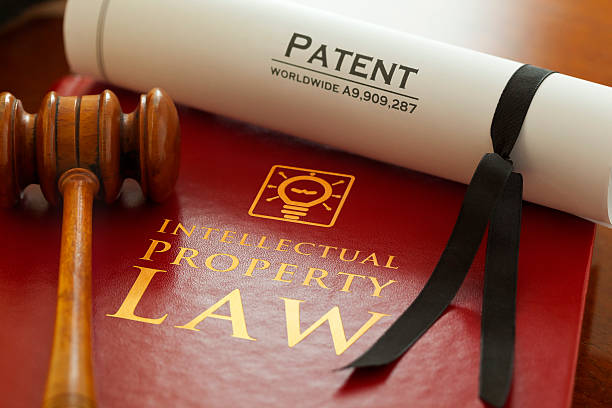


Posting a copyrighted photo on a blog cost a small public relations company thousands of dollars, even though the photo wasn’t labeled with a copyright notice. Labeling products with a patent number that didn’t match the exact model meant a construction-stilts manufacturer must pay large fines. And a loophole in the intellectual property clause of an employee contract created nearly a decade of court battles and cost Mattel the Bratz doll empire.
These examples underscore how common intellectual property mistakes can be extremely costly for companies of any size.
Businesses often assume they automatically own all intellectual property created by employees and contractors. However, without explicit rights outlined in contracts, entrepreneurs might find they have limited or no rights to the work.
Patents granted in the U.S. offer protection within the country only. Companies operating abroad must file patents in respective countries and adhere to unique laws.
Scammers exploit businesses with official-sounding emails demanding fees for trademark or domain name protection. These deceptive tactics often lead to owners paying fees without scrutiny.
Misconceptions persist about using materials without a copyright symbol. The law protects copyrighted materials regardless of the absence of a symbol. Seeking permission for material found online is crucial.
Assuming trade secrets protect all information not covered by copyright or patents is a common mistake. Enforcement in court requires demonstrating its competitive advantage, protective measures, and confidentiality.
Inaccurate intellectual property markings pose risks. Mislabeling patented items or neglecting trademark symbols can result in fines or genericization of brand names.
Delaying intellectual property strategy can be detrimental. The shift to a “first to file” patent system underscores the urgency in formulating and protecting intellectual property.
In the realm of intellectual property, errors bear significant consequences. Entrepreneurs must prioritize a comprehensive strategy and seek guidance from trusted intellectual property consultants to dispel myths and safeguard their businesses.